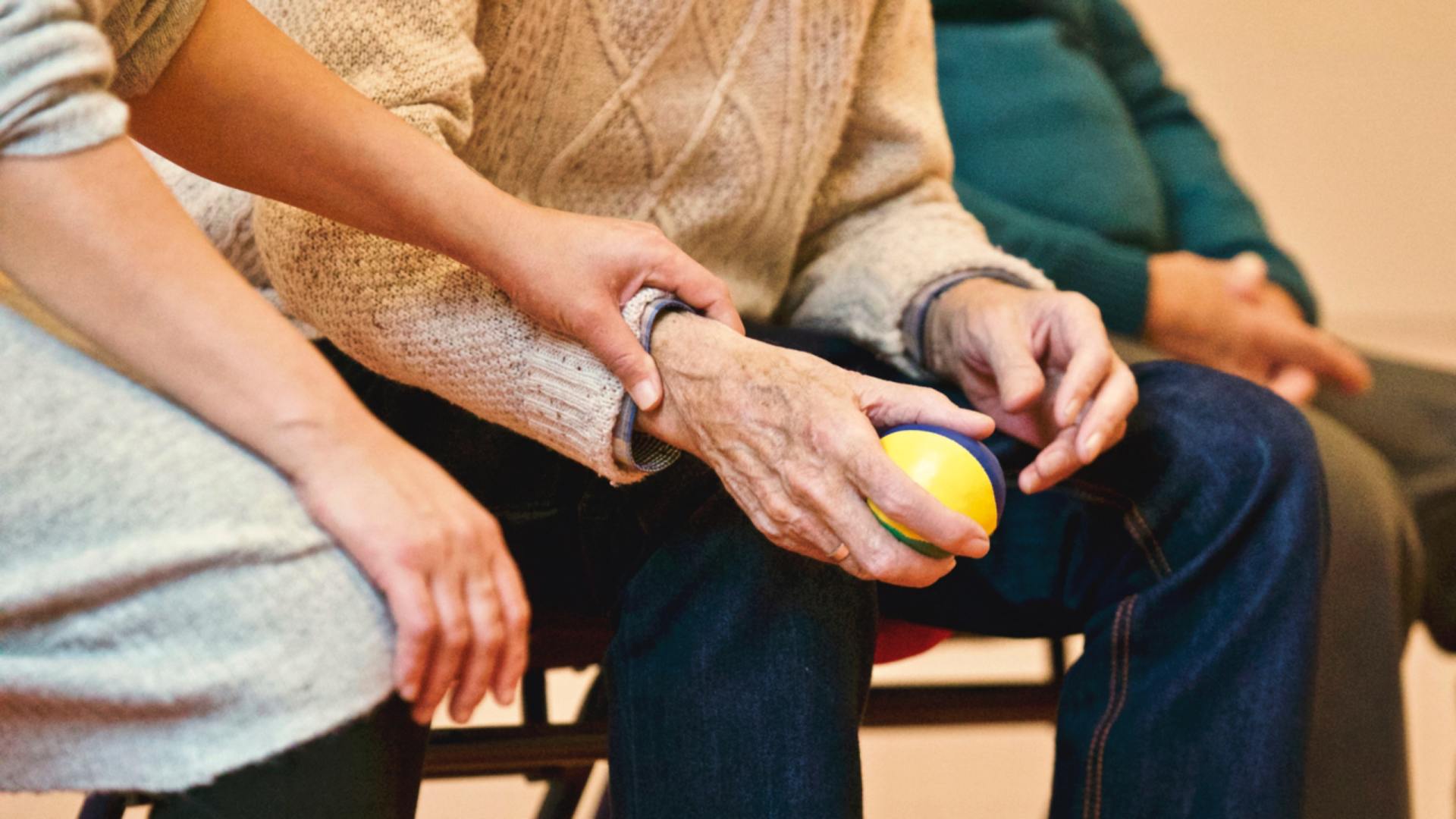Senior Wisdom
5 Things Seniors Want to Pass On to the Younger Generation

Seniors have lived long, rich lives full of diverse experiences and valuable lessons. As they enter their golden years, many feel a strong desire to share their wisdom with younger generations. However, it's up to us to give them the opportunities to do so. Through conversation and active listening, we can learn from our elders and gain insights that we might not otherwise have access to.
In this blog post, we'll be sharing 5 things seniors want to pass on to the younger generation, as well as providing you with questions you can ask to start these important conversations. From financial responsibility and career advice to the importance of family and embracing change, there's much we can learn from our elders. By giving them the space to share their stories and insights, we can honor their experiences and gain valuable insights into how we can lead fulfilling lives of our own. So without further ado, let's dive in!
Financial Responsibility:
- What was the most important financial lesson you learned in your life, and how did you learn it?
- How did you manage to save money throughout your life, and what tips do you have for someone who is just starting to save?
- Have you ever been in debt, and how did you manage to get out of it? What advice would you give to someone who is struggling with debt?
- What is your approach to budgeting, and how has it helped you in your life? Do you have any tips for someone who is struggling to make ends meet?
- Looking back on your life, what financial decisions do you wish you had made differently? What things did you do right that I can imitate?
These questions are designed to be open-ended and encourage the senior to share their personal experiences and lessons learned. By engaging in these conversations, younger generations can learn from the wisdom of their elders and develop a better understanding of how to be financially responsible.
Education:
- What was your educational experience like, and how did it shape your life?
- Were there any challenges or obstacles that you had to overcome in your education, and how did you do it?
- Did you ever learn a trade or skill outside of traditional school, and how has it helped you in your career and life?
- Have you ever had to go back to school or learn new skills later in life? How did you approach this, and what did you learn from the experience?
- Looking back on your life, what role do you think education played in your overall success and happiness?
These questions can help open up a conversation about the importance of education, as well as give the senior an opportunity to share their own personal experiences and lessons learned. By learning from their elders, younger generations can gain a better understanding of the value of education in all forms and how to pursue it in their own lives.

Building and Maintaining Relationships:
- What are some of the most important lessons you have learned about building and maintaining friendships over the years?
- How have your experiences with relationships changed over time, and what have you learned from those changes?
- What advice would you give to someone who is struggling to forgive a friend, or family member, and how can forgiveness help mend a broken relationship?
- Have you ever had to repair a damaged relationship, and what steps did you take to do so?
- Looking back on your life, what relationships do you feel were the most important or meaningful to you, and why?
These will help open up a conversation about the importance of building and maintaining healthy relationships, as well as give the senior an opportunity to share their own personal experiences and lessons learned. By learning from their elders, younger generations can gain a better understanding of how to navigate relationships in their own lives.
Pursuing Passions and Hobbies:
- What passions or hobbies have you pursued throughout your life, and how have they enriched your life?
- What advice would you give to someone who is struggling to find a passion or hobby that they enjoy?
- Have you ever faced obstacles or challenges in pursuing a passion or hobby, and how did you overcome them?
- How has pursuing your passions and hobbies helped you stay mentally and physically active as you have aged?
- Looking back on your life, what passions or hobbies do you wish you had pursued more or less, and why?
These questions can help start a conversation about the importance of pursuing passions and hobbies, as well as give the senior an opportunity to share their own personal experiences and lessons learned. By learning from their elders, younger generations can gain a better understanding of how to find and pursue their own passions and hobbies throughout their lives.
Embracing Change:
- What did you do for fun when you were my age? Did you have any hobbies or interests that you still enjoy today?
- What were some of the biggest changes you've seen in the world over the course of your life? How did those changes affect you and the people around you?
- Have you ever taken a big risk, like starting a new business or moving to a new place? How did it turn out? What did you learn from the experience?
- Can you tell me about a time when you faced a difficult challenge or setback? How did you overcome it, and what did you learn from the experience?
- What advice do you have for someone like me, who's just starting to figure out their place in the world? Is there anything you wish you'd known at my age that you could pass on to me now?
These will help start a conversation about the importance of embracing change and adapting to new circumstances, as well as give the senior an opportunity to share their own personal experiences and lessons learned. By learning from their elders, younger generations can gain a better understanding of how to navigate change and uncertainty in their own lives.
As we conclude, we are reminded of the invaluable experience and wisdom our elders possess. Their stories and lessons learned have the potential to shape our own lives in profound ways. It is up to us to give them the opportunities to share their knowledge and help us navigate the complexities of life.
These 5 things seniors want to pass on to the younger generation are not only important life skills, but also personal insights that can only be gained through a lifetime of experience. By engaging in conversations and asking thoughtful questions, we not only gain wisdom but also deepen our relationships with our loved ones.
We are privileged to be the recipients of their knowledge and to carry it forward into future generations. Let us honor our elders by taking the time to listen and learn from their experiences and by passing on their legacy to those yet to come.
In the end, we can all benefit from the lessons and experiences of those who came before us. Let us cherish and honor their wisdom as we journey through life together.New Paragraph










